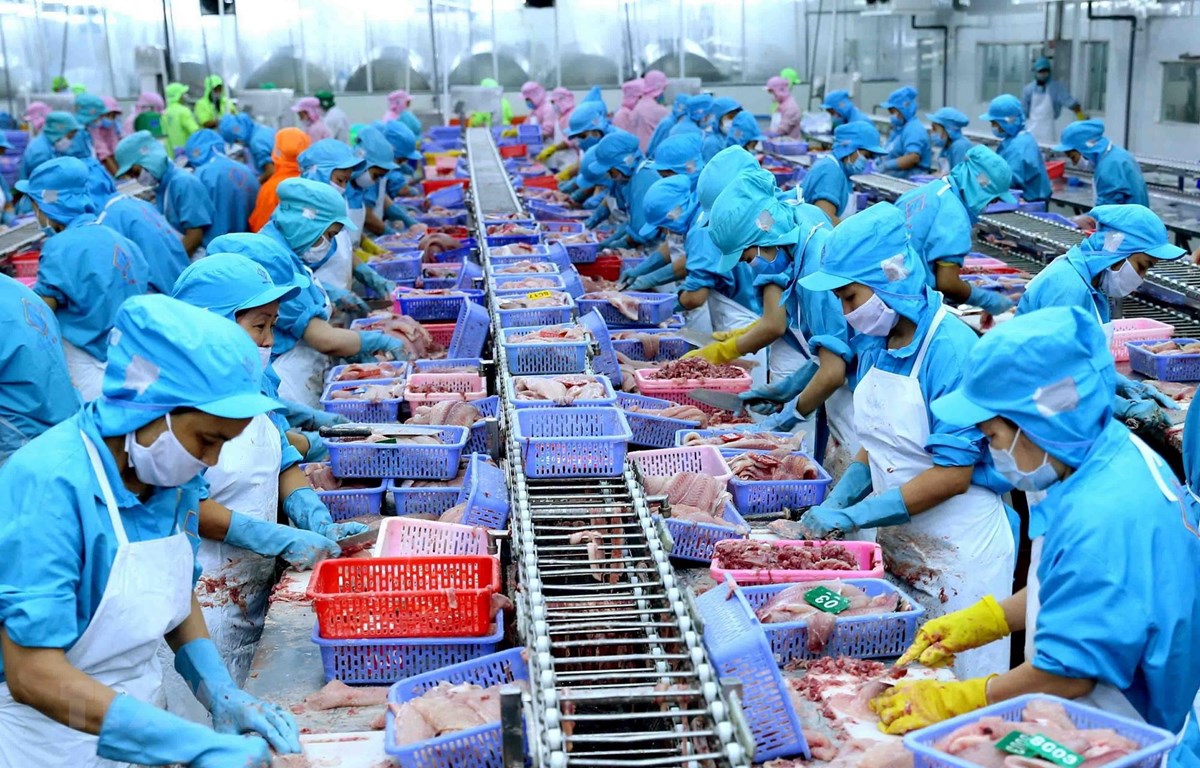VIETNAM'S EXPORT SEES MARGINAL IMPACTS FROM CHINA'S JAPANESE SEAFOOD BAN
China's ban on Japanese seafood due to fear of radioactive contamination has Vietnamese firms seeing opportunities to ship more products, but the gain has been marginal as Chinese demand drops.

On August 24, China imposed a total ban on Japanese seafood products after the latter started discharging its treated radioactive water from the wrecked Fukushima nuclear power plant into its seawater.
Hong Kong and Macau have also announced their own ban, which covers Japanese seafood imports from 10 regions.
The CEO of a Vietnamese seafood exporter from Nha Trang in the central region said that the ban might help increase the export of some products, such as tuna. "We have seen Chinese buyers increasing their orders for tuna by 15% year-on-year. But demand for shrimp and octopus are still 20% lower year-on-year."
Some other industry insiders have also said that the ban might offer opportunities for Vietnamese seafood, but only slightly, as Japan is only a small seafood exporter to China. Japan accounted around 3% of China’s seafood imports last year, against Ecuador’s 18.6%, Russia 14.4%, and Vietnam’s 8.8%.
Pangasius, one of Vietnam’s main seafood exports, has not seen any notable increase in China shipments amid low demand, according to a report by SSI Research. "Pangasius exports to China rose slightly last week but was not significant and irrelevant to the ban," the report said.
The Vietnamese seafood industry has been facing a tough year as demand from major markets such as the U.S., the E.U. and China all plunged amid rising inflation and economic challenges.
Exports of pangasius to China dropped 32% year-on-year to $325 million, and shrimp fell 9% to $338 million, according to Vietnam Association of Seafood Exporters and Producers (VASEP).
VASEP general secretary Truong Dinh Hoe said that Vietnamese exporters will not benefit significantly from the ban.
Source: VnExpress